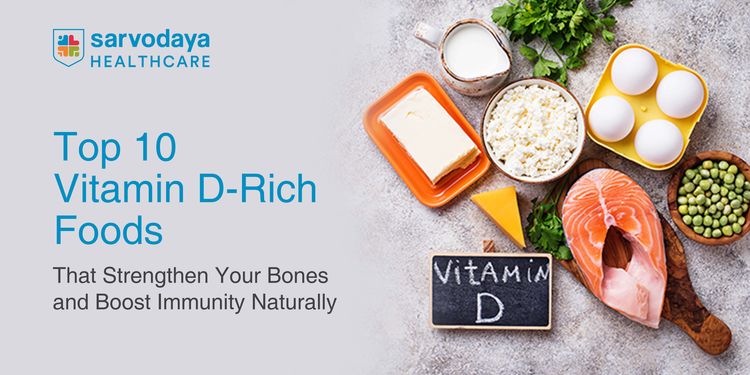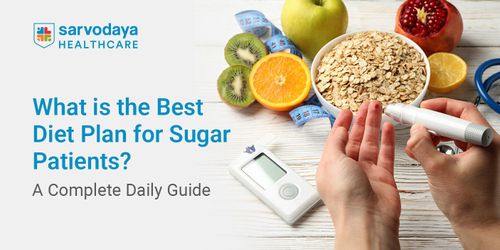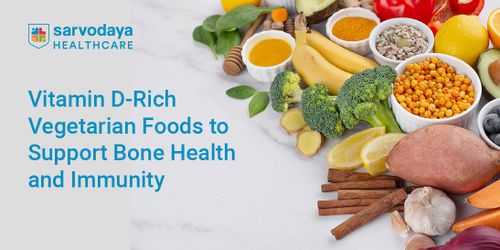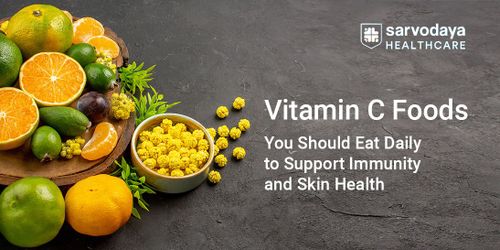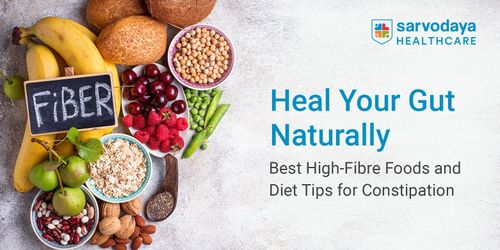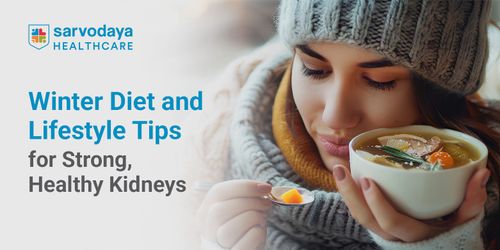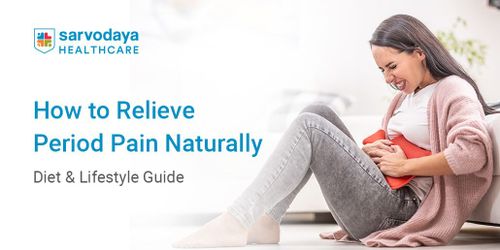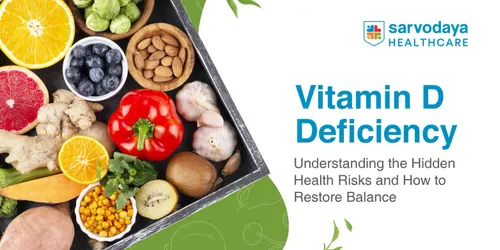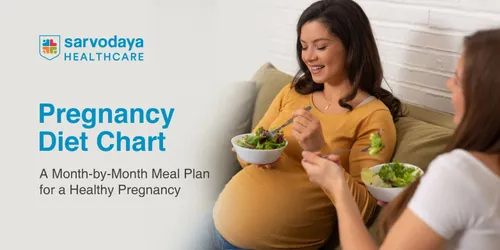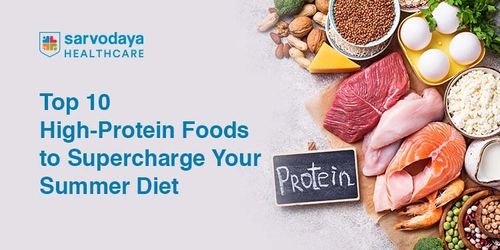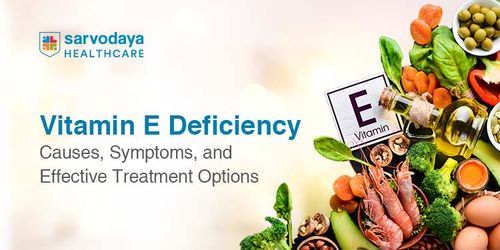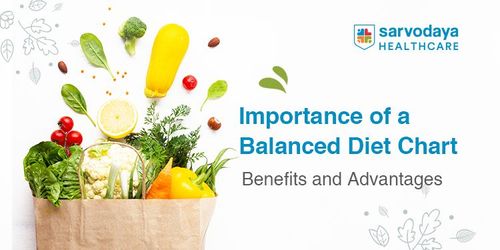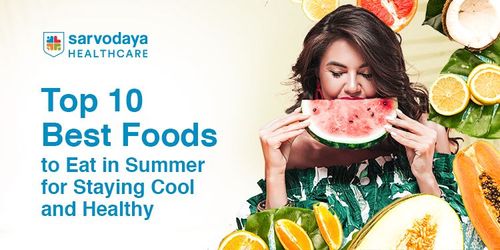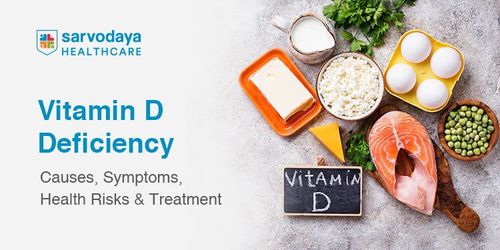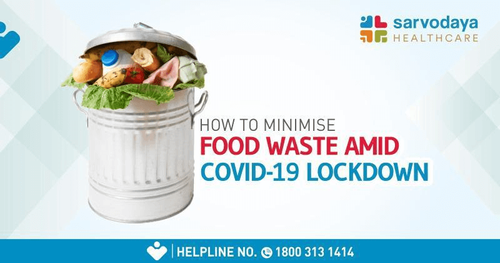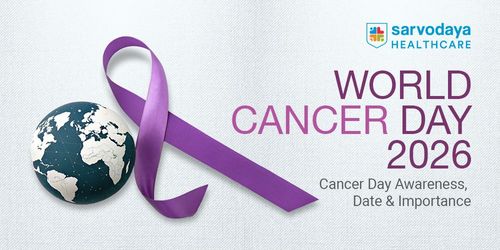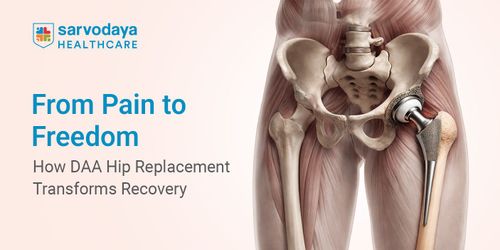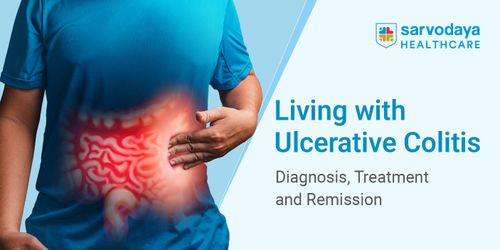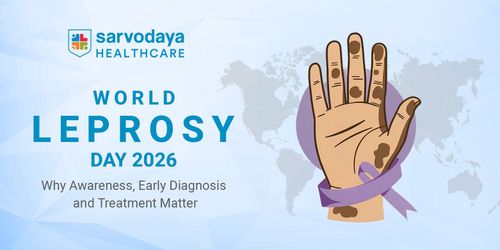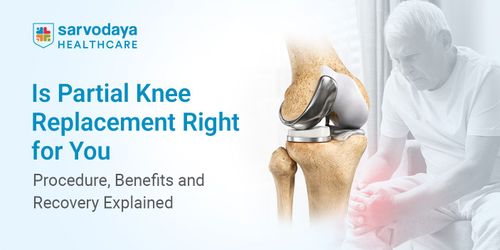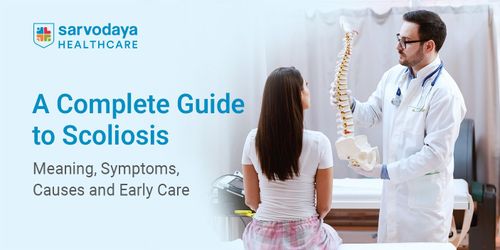Vitamin D is the most important nutrients for a person to maintain their bone strength, joint health, and strength of the immune system. Despite its importance, vitamin D deficiency is extremely common, with many people unknowingly suffering from Vitamin D deficiency. Due to this deficiency may cause fatigue, bone disorders, muscle pain, or even frequent illnesses.
In this blog, we explore the importance of vitamin D, the best vitamin D-rich foods that can be readily included in your diet and how to maximise the vitamin intake in your body.
Importance of Vitamin D
Vitamin D is important in your daily life for benefits other than the health of your bones. It is essential in many bodily functions and thus one of the most significant nutrients to monitor and maintain in the body.
Here is a more detailed look at why vitamin D needs your attention:
- Supports Calcium Absorption: Vitamin D helps in the absorption of calcium, which is needed to maintain healthy bones and teeth. It is essential because, without it, food calcium cannot be used.
- Promotes Bone and Joint Health: Among the most well-known benefits of vitamin D is its ability to prevent health conditions like osteoporosis, fractures and arthritis. It ensures proper bone density and joint movement.
- Boosts Immune System: Vitamin D is very important for the immune system. Intake of adequate amounts of this vitamin minimises the chances of infections and ensures faster healing.
- Enhances muscle strength: The right amount of vitamin D levels prevents muscle weakness, especially in older adults, and the risk of falls and injuries.
- Enhances the Mood and Reduces Fatigue: Deficiency of vitamin D has been associated with depression and fatigue. Maintaining optimal levels can help improve emotional and mental health.
Top 10 Vitamin D-Rich Foods You Can Include in Your Diet
Food can be an effective remedy for vitamin D deficiency and for preventing it. Although sunlight is still considered one of the most popular natural sources of vitamin D, it is not the most reliable one, particularly during monsoons or winter. It thus becomes easy to consume the right vitamin D-rich foods.
Here is a list of the best sources of vitamin D, which are nutritious and simple to include in your everyday meals:
- Fatty Fish (Salmon, Mackerel, Sardines): They are one of the most powerful sources of vitamin D, providing a good quantity of nutrients in a single portion. They also contain omega-3 fatty acids, which help with heart and joint health.
- Egg Yolks: Egg yolks can be taken at breakfast or snacks and are a good source of vitamin D, which makes them ideal for people who do not eat meat but add eggs to their meals.
- Mushrooms (UV-exposed): Some species of mushrooms, when grown under sunlight, are good vegetables that provide vitamin D. They are one of the few natural sources of vitamin D found in plants.
- Fortified Dairy and Milk Products: Many types of milk, yoghurt, and cheese are fortified with vitamin D and are thus convenient sources of vitamin D-enriched foods for all age groups.
- Fortified Plant-Based Milks (Almond, Soy, Oat): These dairy substitutes are mainly ideal for vegan-friendly or lactose-intolerant people and are usually fortified and can be an effective food source for raising vitamin D levels.
- Cod Liver Oil: Cod liver oil is a traditional source of vitamin D that is very nutritious. Most adults can fulfil their daily requirement in just one spoonful.
- Fortified Breakfast Cereals: Many cereals are fortified and provide a good amount of vitamin D when taken with fortified milk. It thus provides a twofold benefit.
- Cheese (Especially Cheddar and Swiss): These cheeses are naturally rich in small but valuable amounts of vitamin D, which contributes to the daily requirement of vitamin D.
- Tofu and Fortified Soy Products: These are rich in protein and are commonly fortified, thus making them practical options for adults who are on plant-based diets and need vitamin D in their vegetarian foods.
- Fortified Orange Juice: A refreshing glass of orange juice is also among the best foods for vitamin D, particularly for children and fussy eaters.
Read More about- Top 10 High-Protein Foods to Supercharge Your Summer Diet
Tips to Maximise Vitamin D Absorption
Consuming foods rich in vitamin D alone is not sufficient if your body is not absorbing it effectively. Proper absorption is important in ensuring the effectiveness of vitamin D in the body and long-term health outcomes.
To make sure that your body makes the most out of your dietary choices, remember the following tips:
- Pair Vitamin D with Healthy Fats: Since vitamin D is a fat-soluble vitamin, having it with something like avocado, nuts or olive oil can really increase the absorption.
- Get Reasonable Sunlight: Although the diet is critical, remember that moderate sunlight exposure of around 10-20 minutes a day, preferably in the morning, is critical for health too.
- Excessive Caffeine and Alcohol: These can impair the absorption of nutrients and can reduce the benefits of consuming vitamin D-rich foods in the long run.
- Avoid Processed Foods: They lack nutritional value and disrupt the absorption of vitamin D and other necessary nutrients.
Conclusion
The key to a healthy body is proper nutrition, which keeps the immune system strong, bones healthy and helps maintain vitality overall. Consuming foods rich in vitamin D helps fight its deficiency and promotes long-term physical and mental wellness.
At Sarvodaya Hospital, Faridabad, our team of expert dieticians and healthcare professionals specialise in designing individual nutrition plans to overcome deficiencies like vitamin D deficiency. Considered the best dietetics and nutrition hospital in Faridabad, the team combines high-quality diagnostics with expert dietary counselling for complete recovery and lasting health. Book a preventive consultation today to help detect the initial symptoms of deficiency and help you find sustainable solutions tailored to your lifestyle.
Incorporate these top vitamin D sources into your diet, stay active, and work with professionals in making an informed choice that strengthens your health from the inside out.


